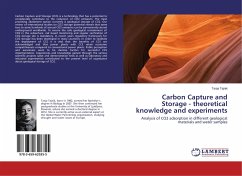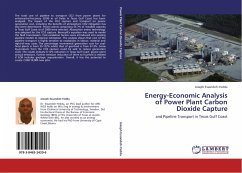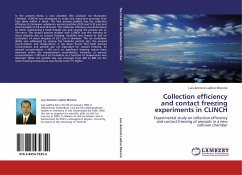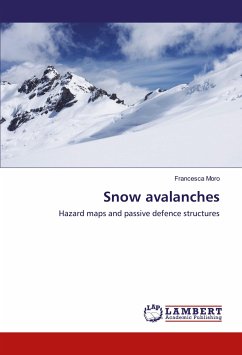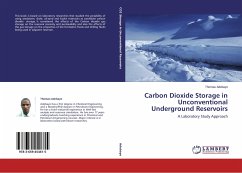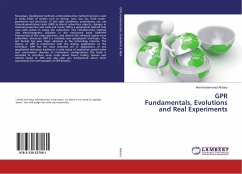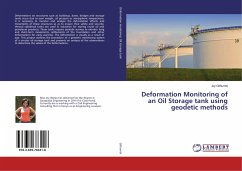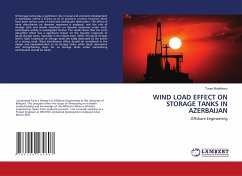Carbon Capture and Storage (CCS) is a technology that has a potential to considerably contribute to the reduction of CO2 emissions. The most promising abatement option currently is geological storage of CO2. Our review of international studies on CO2 storage potential reveals that some tens to some hundreds of annual CO2 emissions can be permanently stored underground worldwide. To ensure the safe geological containment of CO2 in the subsurface, risk based monitoring and regular verification of CO2 storage site is mandatory. In recent years regulatory framework for CO2 storage has been developed in many countries. In order to facilitate the deployment of CCS it is vital that the benefits of CCS are acknowledged and that power plants with CCS retain economic competitiveness compared to conventional power plants. Public perception and awareness seem to be decisive factors for successful CCS implementation. Experiences and knowledge gained through the various scientific projects (pilot and demonstration tests as well as laboratory and industrial experiments) contributed to the present level of cognizance about geological storage of CO2.
Bitte wählen Sie Ihr Anliegen aus.
Rechnungen
Retourenschein anfordern
Bestellstatus
Storno

